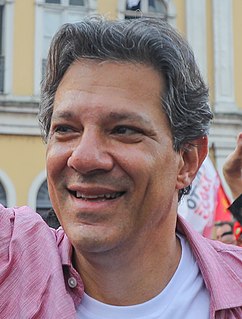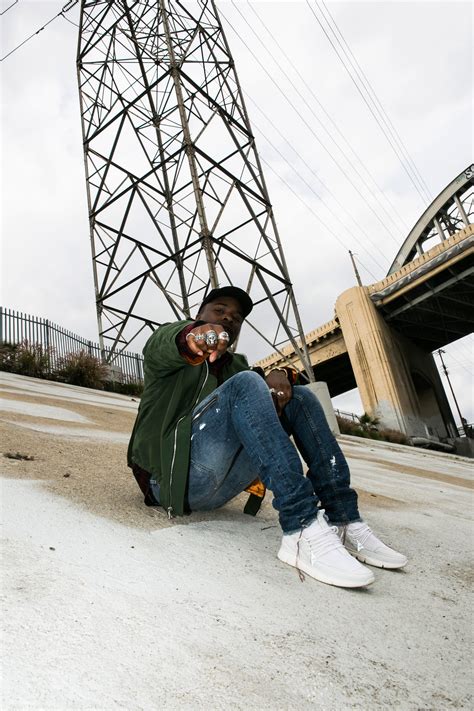A Quote by Fernando Haddad
Taken as a whole, the work of Marx, at the same times it shows the thesis of the growing pauperization of the non-propertied classes, relativizes it when contemplating the possibility that the class struggles result in distributive effects.
Related Quotes
Under miserable conditions of life, any vision of the possibility of better things makes the present misery more intolerable, and spurs those who suffer to the most energetic struggles to improve their lot, and if these struggles only immediately result in sharper misery, the outcome is sheer desperation.
Solidarity does not assume that our struggles are the same struggles, or that our pain is the same pain, or that our hope is for the same future. Solidarity involves commitment, and work, as well as the recognition that even if we do not have the same feelings, or the same lives, or the same bodies, we do live on common ground.
It appears to me that one great cause of our difference in opinion on subjects which we often discuss is that you have always in mind the immediate and temporary effects of particular changes, whereas I put these effects quite aside, and fix my whole attention on the long-term effects that will result from them.
Marx's Kapital is not a treatise on socialism; it is a gerrymand against the bourgeoisie. It was supposed to be written for the working class, but the working man respects the bourgeoisie and wants to be a bourgeoisie. Marx never got a hold of him for a moment. It was the revolting sons of the bourgeoisie itself, like myself, that painted the flag red. The middle and upper classes are the revolutionary element in society. The proletariat is the conservative element.
In my early childhood, I was a performer by nature. I used to do puppet shows as a kid and entertain kids in classes and the teachers would make it a point that I was the entertainer of the class, but only after high school and in college that I started doing theater and acting classes, because I thought it would be fun.
China is now suffering from poverty, not from unequal distribution of wealth. Where there are inequalities of wealth, the methods of Marx can, of course, be used; a class war can be advocated to destroy the inequalities. But in China, where industry is not yet developed, Marx's class war and dictatorship of the proletariat are impracticable.

































